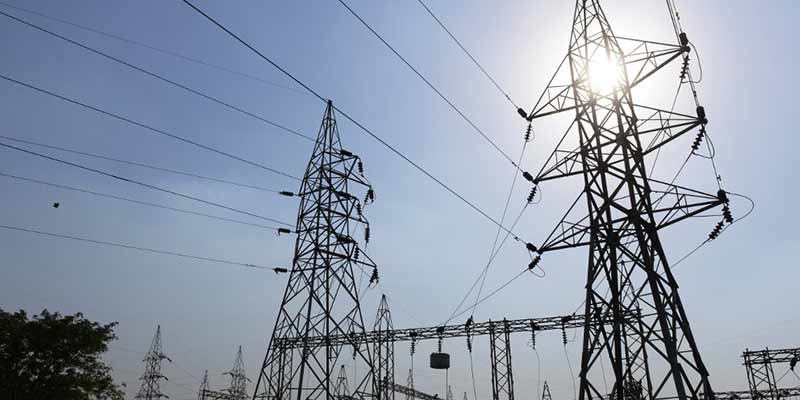KEY POINTS
- Nersa grants four private electricity trading licenses and a private import/export license.
- Eskom raised concerns, but Nersa proceeds with market-opening efforts.
- New licenses could enhance South Africa’s energy market resilience.
The South African National Energy Regulator of South Africa (Nersa) has recently issued four new electricity trading licenses and one license for the import/export of electricity in the country. The decision is a major move towards the expansion of private sector investment in South Africa’s energy mix to help address ongoing power outages and instability of the electricity grid.
Nersa granted the licenses despite protests from Eskom, the state-owned energy monopoly, with the goal of creating a less vulnerable electricity sector. South Africa gets closer to energy security and more flexible market by allowing private companies to import and export electricity.
Eskom’s concerns and Nersa’s reassurance
Eskom had concerns about private electricity trading, which it said could affect national energy security. Eskom’s main worry is that private traders may reroute the electricity supply from state grids, which could result in a shortage of energy for homes. But Nersa countered that these licenses would not threaten the grid but rather ease the pressure by expanding the number of electricity suppliers thus reducing the burden on Eskom.
With this approval, Nersa has argued that the growing number of players in the electricity trading market will assist South Africa to source a more flexible and diversified electricity supply. This in turn could help support the country’s wider objectives of decreasing load shedding and increasing economic growth.
New entrants in the South African energy industry
The new licenses approved allow private players to enter the electricity trading market in South Africa. This is the first time a private company has been granted an import/export license to buy power from other countries whenever it is needed. This kind of diversification of supply may be useful for South Africa which faced issues with energy reliability because of Eskom and infrastructural issues.
The decision shows that Nersa was keen on increasing competition in the energy market in South Africa and ensuring that it meets the needs of consumers. South Africa has relied on Eskom for most of its energy requirements for many years, leaving few market options during emergencies. However, with new traders in the market, both business and consumers in South Africa could benefit from additional power during peak demand.
Looking ahead: a less vulnerable energy future
The approval of these licenses by Nersa is considered as a door opening to the more secured energy environment of South Africa. According to this potential, the country could gradually cut their dependence on Eskom and use private companies to help diversify and stimulate the energy market.
As reported by Engineering News, tendencies observed in the course of recent years may lead to the fact that South Africa’s energy market ceases to be dominated by Eskom’s infrastructure and capacity. This could result in better energy stability since new entrants will offer other solutions to the country’s power needs.
The ability to trade electricity privately and import and export electricity is an optimistic sign to alleviate the recurrent energy problems in South Africa. With the entrance of these new players, South Africa is capable of redesigning its energy sector and therefore a better future for South Africa’s power sector.



